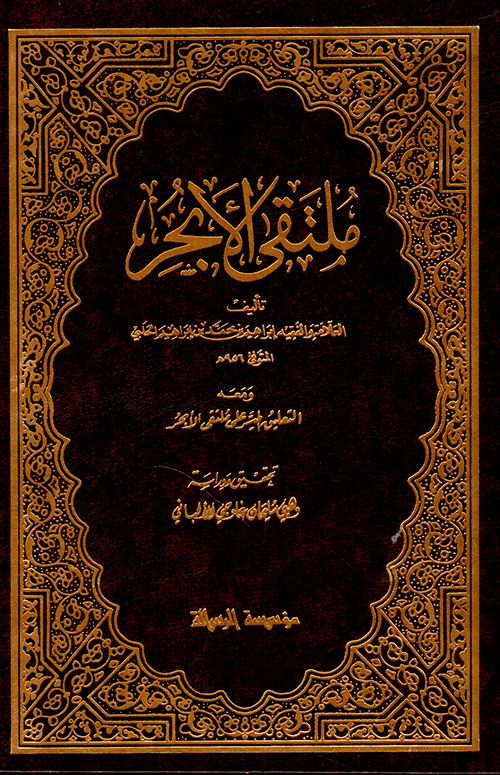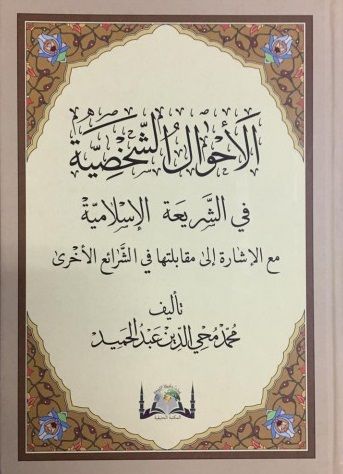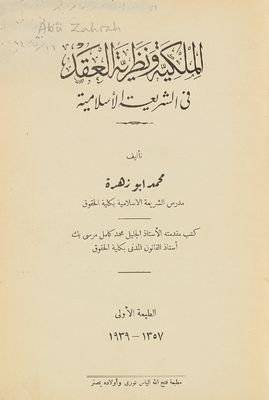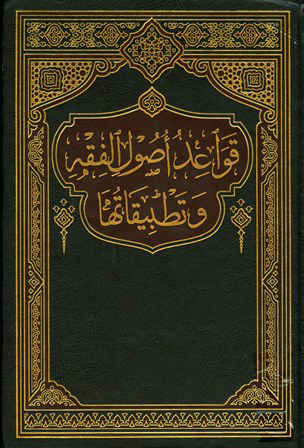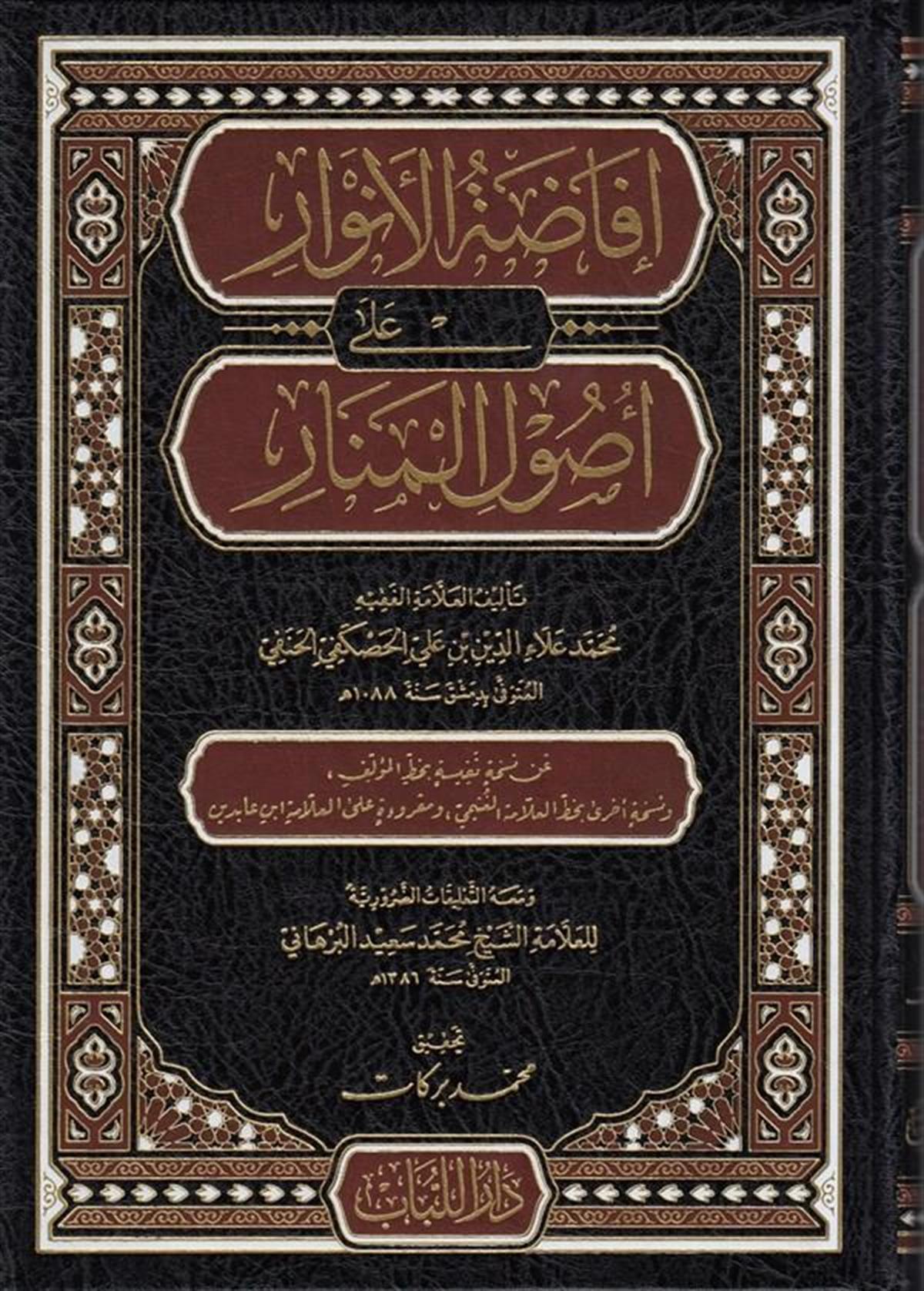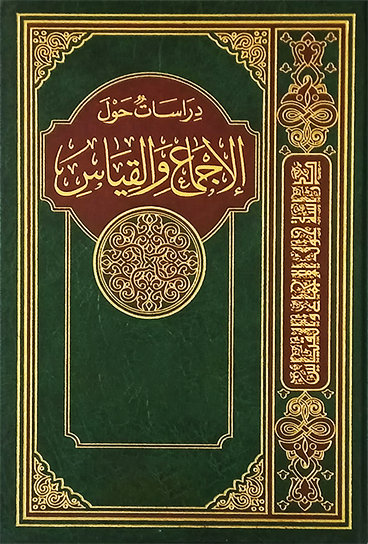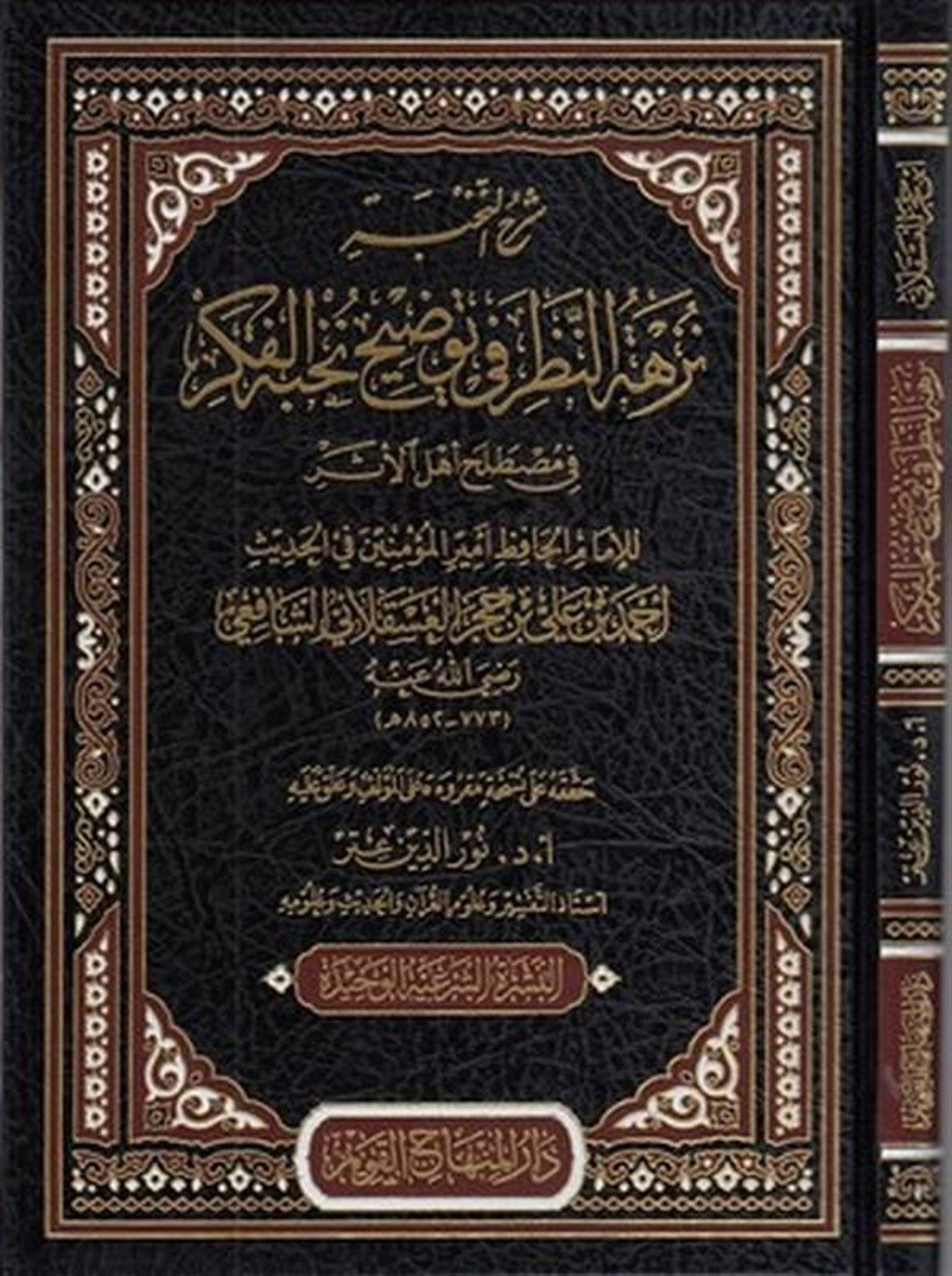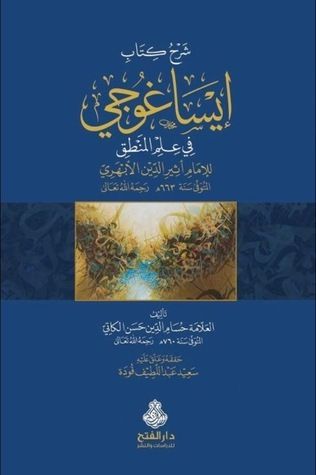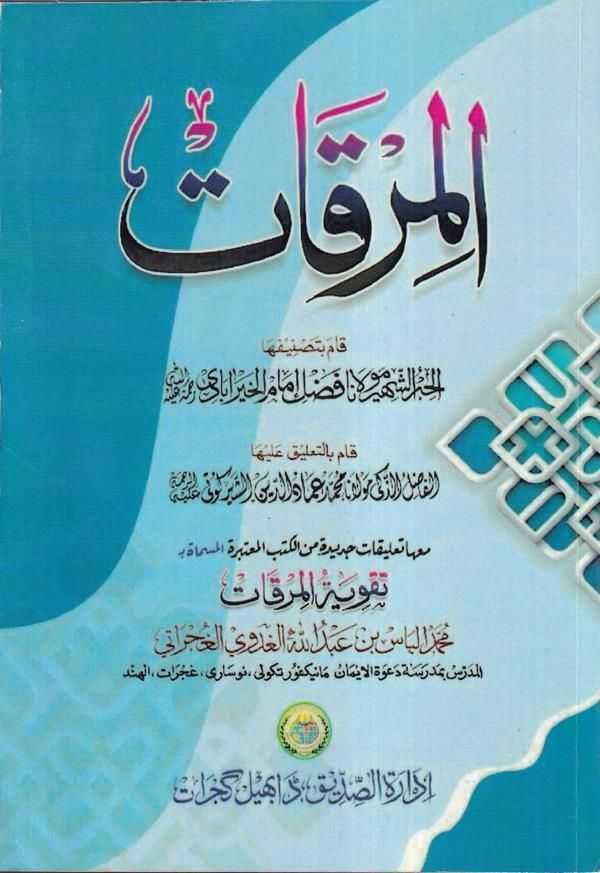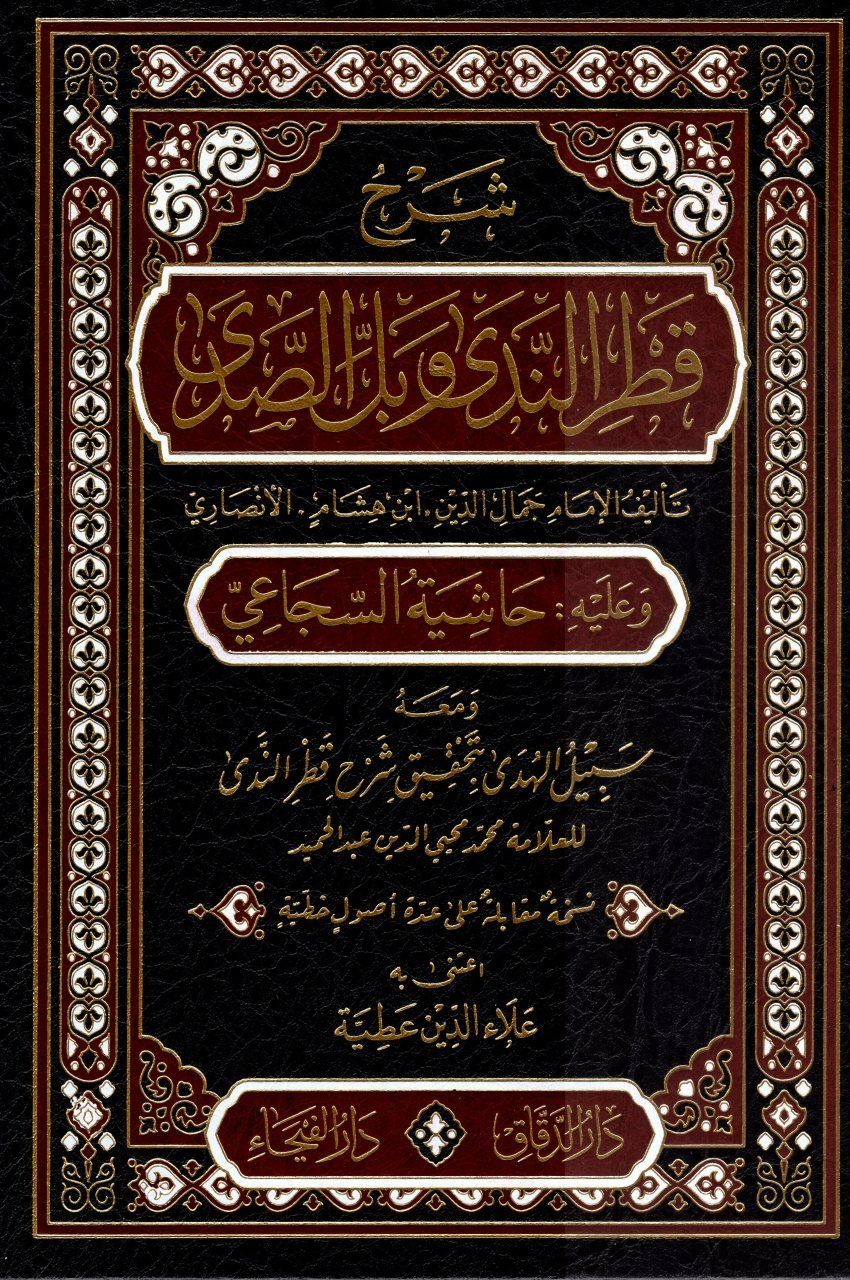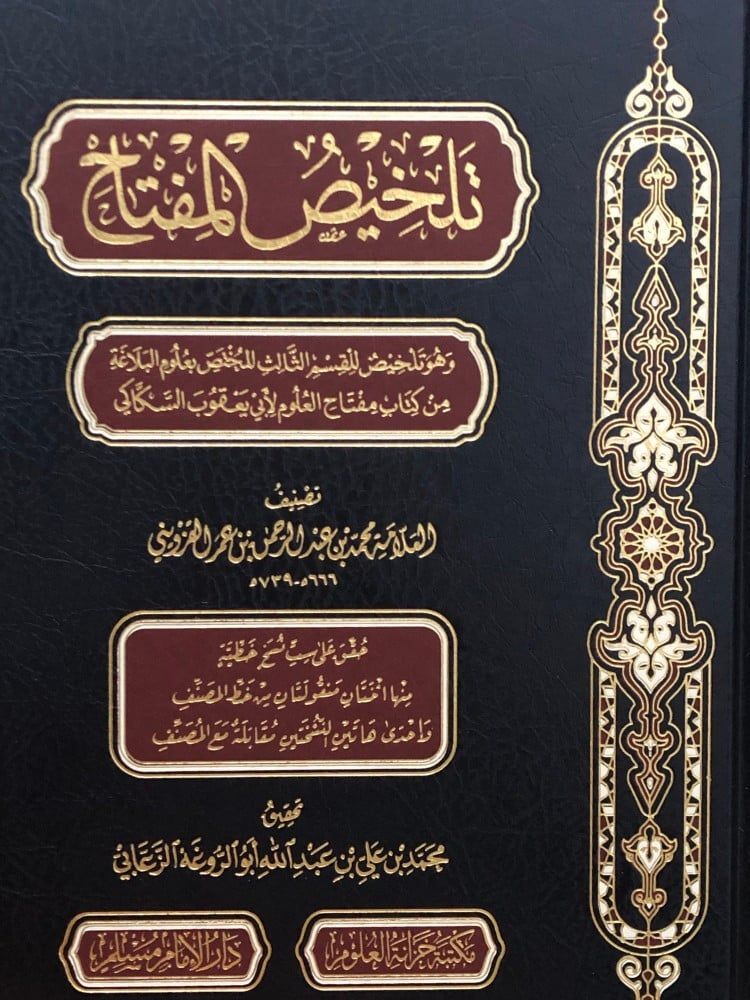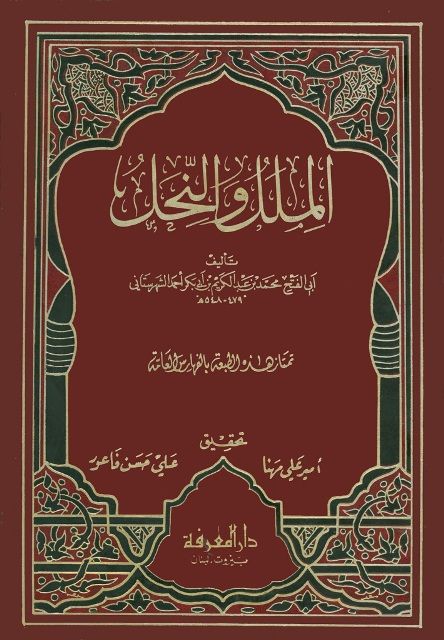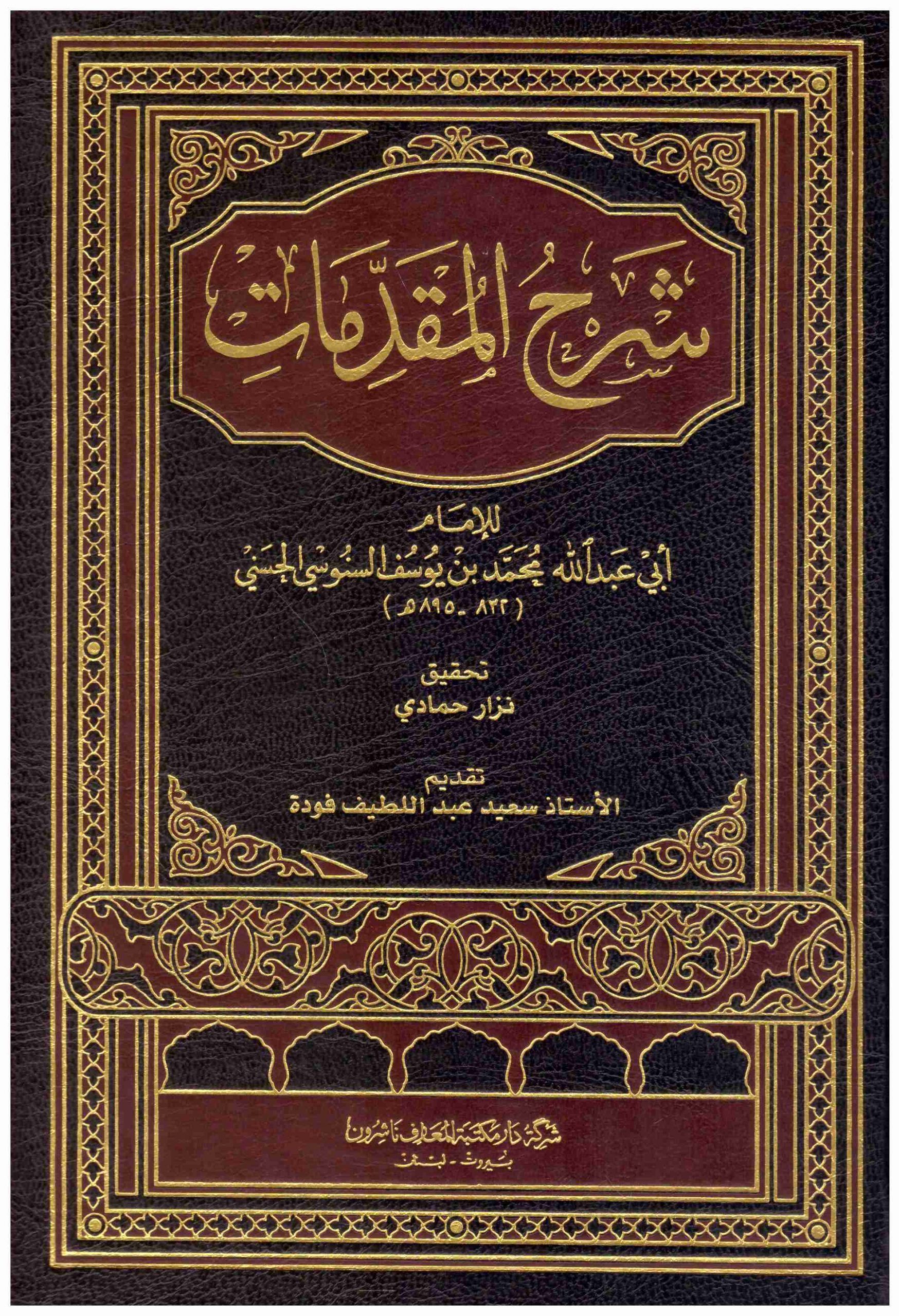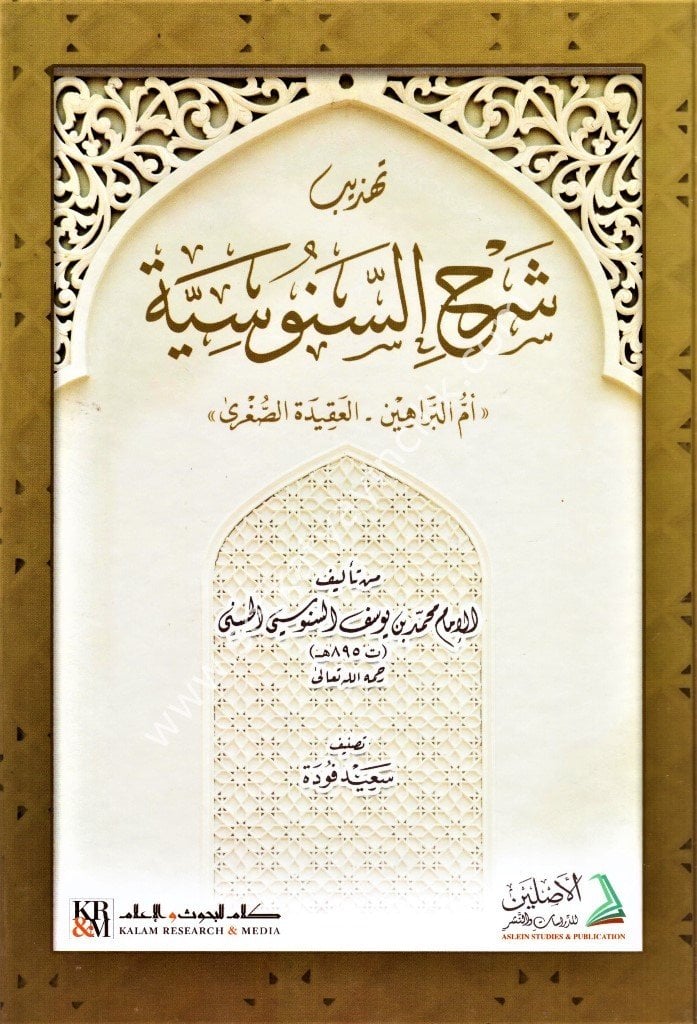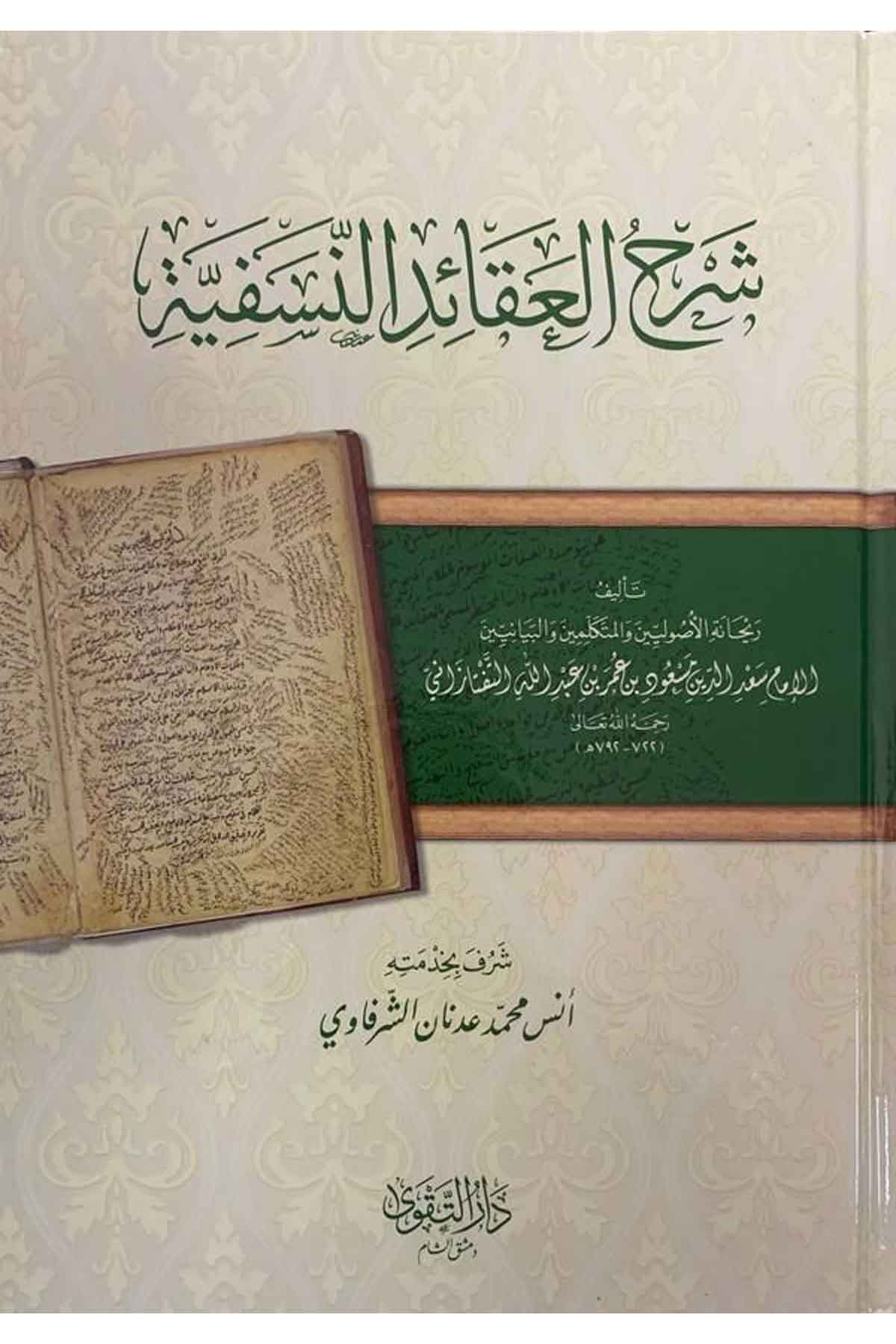Studies in Tradition
Embark on a transformative journey of faith and intellectual exploration with our 3-year "Studies in Tradition" programme. Designed for intermediate-level students, this immersive curriculum aims to deepen your understanding of the Islamic sacred sciences, ranging from Hadith methodology to Islamic jurisprudence, Quranic exegesis, and classical Arabic. Under the guidance of esteemed scholars, students will engage with seminal Islamic texts and their commentaries, including works like "Nukhbat al-Fikr," "Al-Mirqat," and many more. This programme culminates in the granting of a traditional Ijaza, certifying your proficiency and scholarly authority in the studied disciplines. Prepare to become not just a student, but a custodian of Islamic knowledge, with the s…
Distance Learning
All of our classes are live online sessions. This allows optimal engagement with all our online students.
3yr Programme
Over the span of three years, you'll work through our thoughtfully designed curriculum, aimed at offering a thorough educational experience without feeling rushed.
Traditional Ijāza
This comprehensive journey will culminate in the granting of a traditional Ijaza, certifying your competence and authority in the disciplines studied.
Supplementary Lessons
Students will gain exclusive access to our specialized tutorial library, which includes detailed tutorials designed to deepen understanding and enhance mastery of the subject matter.
Subjects Overview
Islamic Law
الفقه الحنفي
Principles of Islamic Law
اصول الفقه
Hadith Studies مصطلح الحديث
Kalam Studies
علم الكلام
Logic
علم المنطق
Rhetoric
علم البلاغة
Grammar
علم النحو
Spirituality
تزكية النفس
SUBJECTS IN FOCUS
Studies in Tradition Syllabus
Course Details
Start Date: Sunday 22nd September 2024
Class Time: 8am - 12am (GMT)
Choose your plan
£50 discount for one-off payment option
with coupon code "STUDIES1"
One-Off Payment
-
Live Classes
-
Complete course materials
-
Dedicated Support 7-days a week
-
Class Recordings
-
6 Month Access to all Sacred Texts Weekly Supplementary Classes
-
Fully Featured Mobile App
Monthly 1
£59.50/mo
£300 up-front (non-refundable)
then 10 payments of £59.50
-
Live Classes
-
Complete course materials
-
Dedicated Support 7-days a week
-
Class Recordings
-
6 Month Access to all Sacred Texts Weekly Supplementary Classes
-
Fully Featured Mobile App
Monthly 2
£44.50/mo
£450 up-front (non-refundable)
then 10 payments of £44.50
-
Live Classes
-
Complete course materials
-
Dedicated Support 7-days a week
-
Class Recordings
-
6 Month Access to all Sacred Texts Weekly Supplementary Classes
-
Fully Featured Mobile App

